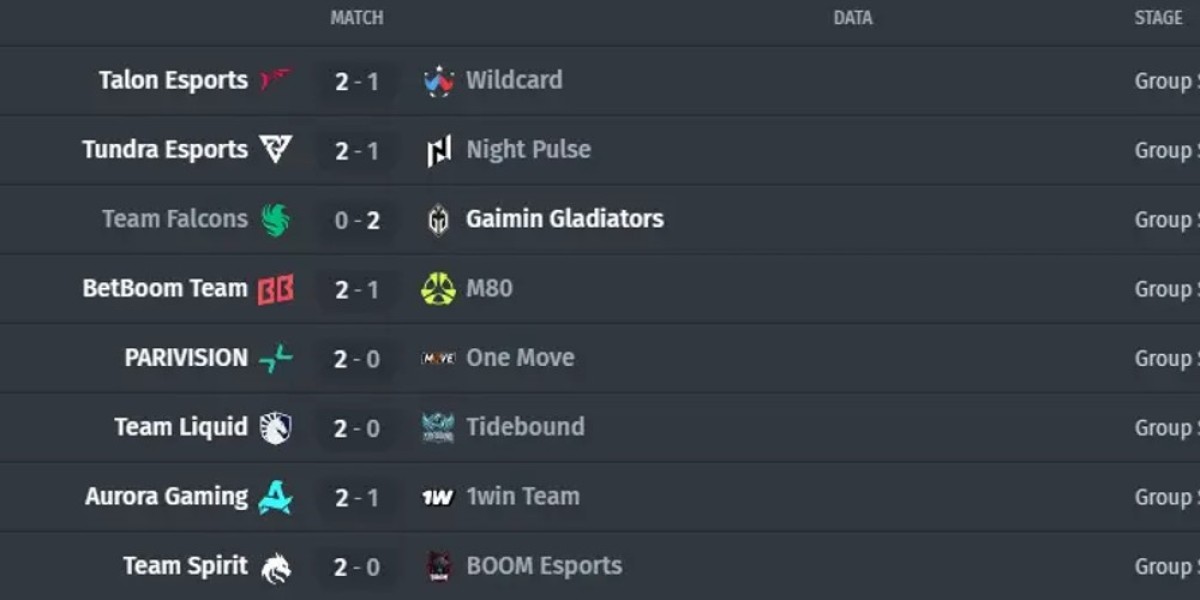Bipolar disorder is a complex mental health condition that affects millions of people worldwide. Characterized by extreme mood swings ranging from manic highs to depressive lows, it requires specialized care and long-term management. For individuals navigating this condition, one of the most critical steps toward stability and well-being is finding the right bipolar disorder doctors. The expertise, guidance, and ongoing support of trained professionals can make an enormous difference in how effectively the condition is managed.
This article explores who bipolar disorder doctors are, what to expect from treatment, and how to find the right provider for your needs.
What Is Bipolar Disorder?
Bipolar disorder is a mental health condition that causes unusual shifts in mood, energy, and activity levels. These changes can impact daily tasks, relationships, and overall quality of life. The disorder is generally divided into three main types:
- Bipolar I Disorder – Involves manic episodes lasting at least seven days or severe symptoms requiring hospitalization, often alternating with depressive episodes.
- Bipolar II Disorder – Characterized by patterns of depressive episodes and hypomanic episodes (less severe than full mania).
- Cyclothymic Disorder (Cyclothymia) – Involves recurring hypomanic and depressive symptoms that are less severe but more persistent.
Because bipolar disorder varies widely in how it presents, patients need specialized care from doctors trained in diagnosing and treating mood disorders.
Who Are Bipolar Disorder Doctors?
When people refer to bipolar disorder doctors, they may mean several types of professionals involved in diagnosing, treating, and supporting patients with the condition. These include:
1. Psychiatrists
Psychiatrists are medical doctors (MDs or DOs) specializing in mental health. They are the primary professionals who diagnose bipolar disorder, prescribe medications, and monitor treatment plans. Because bipolar disorder often requires mood stabilizers, antidepressants, or antipsychotic medications, psychiatrists play a central role in treatment.
2. Psychologists
While psychologists cannot prescribe medication in most states, they provide essential therapy and counseling. Cognitive-behavioral therapy (CBT), dialectical behavior therapy (DBT), and other approaches help patients manage mood swings, cope with stress, and develop healthier thought patterns.
3. Primary Care Physicians
A family doctor or primary care physician is often the first point of contact. While they may not specialize in bipolar disorder, they can provide referrals to psychiatrists and mental health specialists and help coordinate care.
4. Psychiatric Nurse Practitioners (APNs or NPs)
Advanced practice nurses specializing in psychiatry can diagnose, prescribe medication, and manage treatment plans. For patients with limited access to psychiatrists, psychiatric nurse practitioners often serve as a vital part of care.
5. Therapists and Counselors
Licensed clinical social workers (LCSWs), marriage and family therapists (MFTs), and other counselors provide supportive therapy. They may not diagnose bipolar disorder but can help patients work through challenges in relationships, careers, and daily living.
Why Specialized Care Matters
Bipolar disorder is often misdiagnosed or misunderstood. Without the proper expertise, patients may be treated only for depression or may receive medications that worsen their symptoms. Bipolar disorder doctors have the training to:
- Recognize the nuances between bipolar I, bipolar II, and other mood disorders.
- Prescribe and monitor medications that stabilize mood swings.
- Identify co-occurring conditions such as anxiety, substance use disorders, or ADHD.
- Provide long-term management to reduce relapse and hospitalizations.
In short, specialized care ensures patients get the right diagnosis and an effective, individualized treatment plan.
What to Expect During an Appointment
Meeting with a bipolar disorder doctor can feel intimidating at first, but understanding the process helps patients prepare. Here’s what typically happens:
- Comprehensive Evaluation – Doctors ask detailed questions about mood changes, medical history, family history, and lifestyle factors.
- Diagnostic Assessments – Patients may complete questionnaires or psychological tests to help clarify symptoms.
- Medication Management – If prescribed, doctors carefully monitor dosages, side effects, and effectiveness over time.
- Therapy Recommendations – Many doctors recommend combining medication with therapy for better results.
- Ongoing Monitoring – Regular follow-up appointments track progress and make adjustments to treatment as needed.
Tips for Finding the Right Bipolar Disorder Doctors
Choosing the right doctor is one of the most important decisions a patient can make. Here are steps to help:
1. Look for Credentials and Experience
Seek psychiatrists or mental health professionals with board certification and experience in treating mood disorders. Specialists in bipolar disorder are best equipped to provide accurate diagnoses and effective treatments.
2. Ask About Treatment Philosophy
Some doctors focus heavily on medication, while others emphasize a holistic approach combining therapy, lifestyle changes, and medication. Understanding their philosophy ensures it aligns with your needs.
3. Consider Accessibility
Bipolar disorder requires ongoing care. Choose a provider who is accessible for appointments and responsive to concerns, whether in person or through telehealth.
4. Check Compatibility
A strong doctor-patient relationship is essential. Patients should feel comfortable discussing sensitive topics, symptoms, and struggles openly.
5. Use Trusted Resources
Referrals from primary care doctors, insurance provider directories, or professional associations like the American Psychiatric Association can help locate qualified specialists.
The Role of Support Systems
While bipolar disorder doctors provide medical expertise, family, friends, and support groups also play a vital role. Patients benefit greatly when loved ones understand the condition, recognize warning signs of mood changes, and encourage ongoing treatment. Many doctors encourage involving trusted family members in appointments when appropriate.
Lifestyle and Self-Management in Partnership with Doctors
Working with bipolar disorder doctors is only part of the journey. Patients can improve outcomes by incorporating healthy lifestyle habits, including:
- Maintaining a regular sleep schedule.
- Eating a balanced diet and exercising regularly.
- Avoiding alcohol and recreational drugs.
- Tracking mood changes with journals or apps.
- Practicing stress management techniques like mindfulness or meditation.
Doctors often collaborate with patients to integrate these practices into treatment plans, creating a well-rounded approach to managing the condition.
Conclusion
Living with bipolar disorder presents challenges, but with the right support, stability and fulfillment are possible. The expertise of bipolar disorder doctors—psychiatrists, psychologists, nurse practitioners, and therapists—makes a world of difference in diagnosis, treatment, and ongoing care. By choosing the right doctor, asking the right questions, and committing to a personalized treatment plan, patients can take meaningful steps toward managing bipolar disorder effectively.
Whether you are seeking care for yourself or a loved one, remember that bipolar disorder is a medical condition, not a personal failing. With professional help and supportive relationships, individuals can lead healthy, productive, and rewarding lives.







